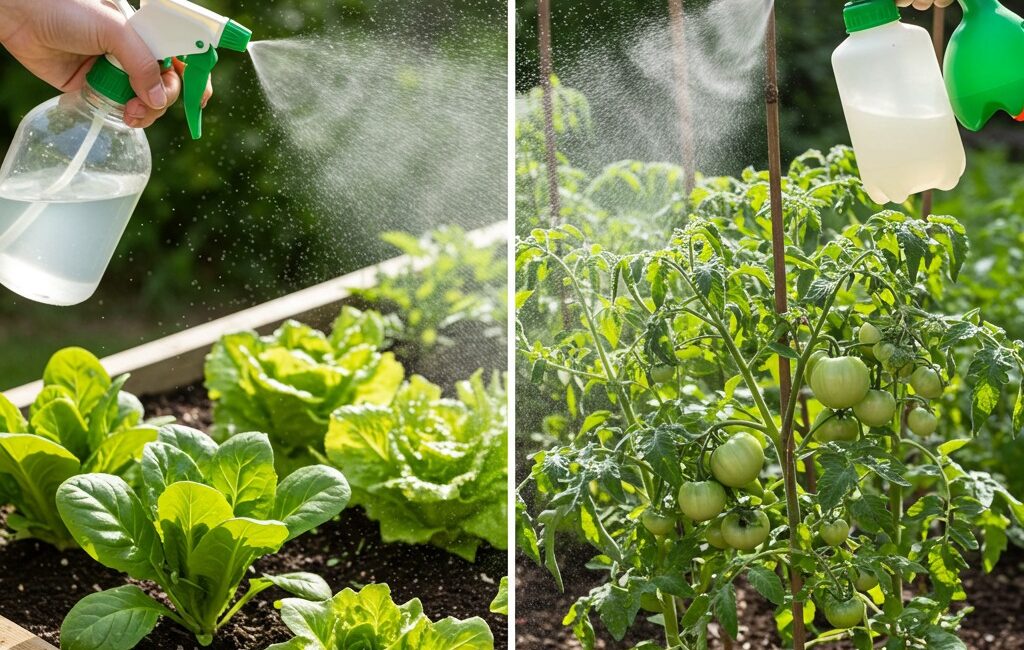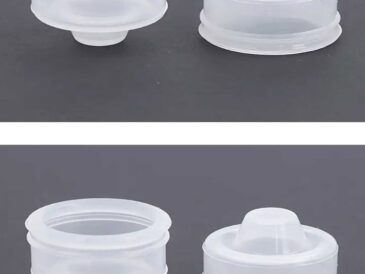6. Restoring and Cleaning Garden Pots and Tools
Dirt, mineral buildup, and algae can accumulate on pots, impairing water drainage and aesthetics. Vinegar’s degreasing and disinfecting properties make it perfect for cleaning.
Method:
- Mix equal parts water and white vinegar.
- Wipe or soak pots and gardening tools in the solution.
- Rinse thoroughly before reuse.
Impact:
Regular cleaning extends the life of your garden equipment and maintains a hygienic environment for healthy plant growth.
7. Prolonging the Life of Cut Flowers in Vases
Cut flowers add beauty to any space, but their lifespan is often limited. Vinegar combined with sugar can nourish flowers while inhibiting bacterial growth in water.
Recipe:
- Add 2 tablespoons of white vinegar and 1 teaspoon of sugar per liter of vase water.
- Replace the solution every few days for optimal freshness.
How it Works:
Vinegar lowers the water’s pH, reducing bacterial proliferation, while sugar serves as food for flowers, enhancing their longevity.
Safety Considerations and Best Practices When Using Vinegar on Plants
Though vinegar is natural and eco-friendly, misuse can harm plants or beneficial organisms.
Tips to Avoid Damage:
- Always dilute vinegar appropriately unless using as a herbicide on unwanted plants.
- Test on a small section of the plant or soil first.
- Avoid spraying vinegar on seedlings or young plants sensitive to acidity.
- Use during dry, sunny weather for best herbicidal effect.
- Store vinegar away from direct sunlight and heat to maintain potency.
Why Vinegar Is a Smart Addition to Sustainable Gardening
With rising awareness of chemical pesticide dangers and a growing interest in organic methods, vinegar stands out as a cost-effective, sustainable solution. It supports eco-friendly gardening by:
- Reducing chemical runoff and soil contamination.
- Protecting pollinators and beneficial insects.
- Improving plant health through pH balance.
- Offering a versatile tool for multiple garden challenges.
Frequently Asked Questions About Using Vinegar on Plants
Can I use any type of vinegar for plants?
Apple cider vinegar is excellent for pest control due to its aroma and mild acidity, while white vinegar is better for weed control and cleaning.
Will vinegar kill my plants?
Undiluted vinegar is a non-selective herbicide and can kill plants on contact. Dilute carefully when applying to desirable plants.
How often can I apply vinegar to acid-loving plants?
Limit to once a month to avoid over-acidifying the soil.
Is vinegar safe for edible plants?
Used correctly and in moderation, vinegar can be safely applied to edible plants, but avoid spraying directly on edible parts.
Final Thoughts: Harness the Power of Vinegar for a Thriving Garden
Vinegar’s versatility makes it an invaluable, multipurpose product for gardeners. Whether you’re tackling stubborn weeds, fighting off pests, or trying to coax the best blooms from your acid-loving plants, vinegar offers an accessible, affordable, and environmentally friendly solution.
By incorporating vinegar smartly into your gardening toolkit, you can reduce reliance on harmful chemicals, promote healthier plant growth, and enjoy a cleaner, more sustainable garden space. The next time you reach for your bottle of vinegar, remember—it’s not just for salads and cleaning but a powerhouse for plant care as well.




